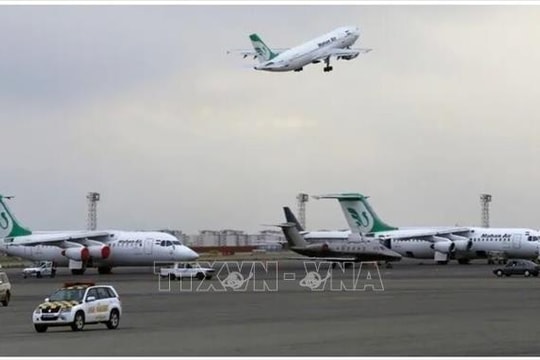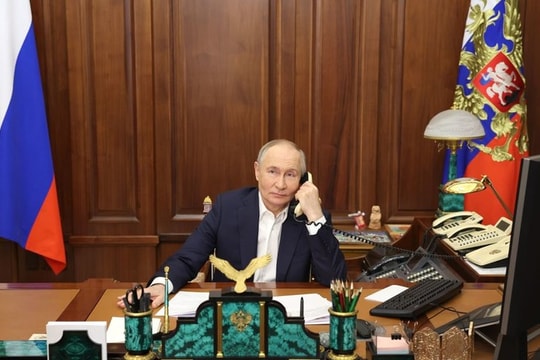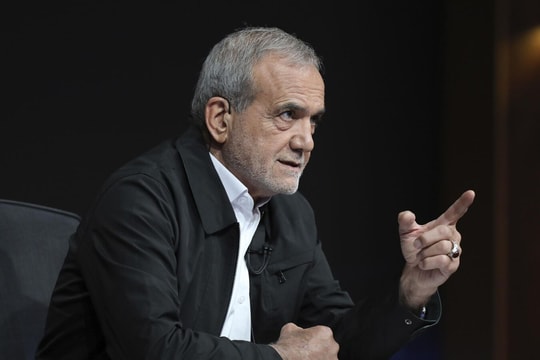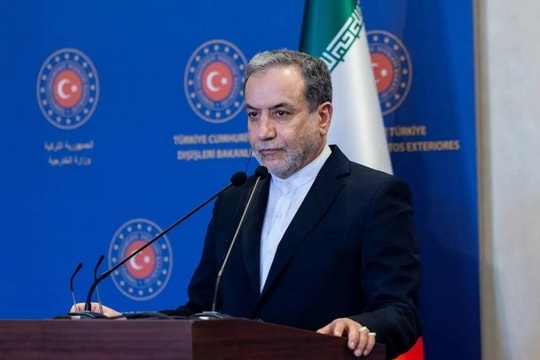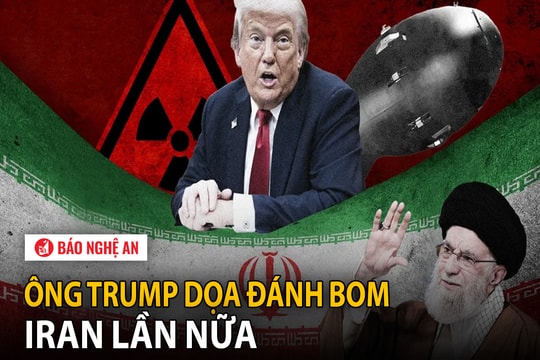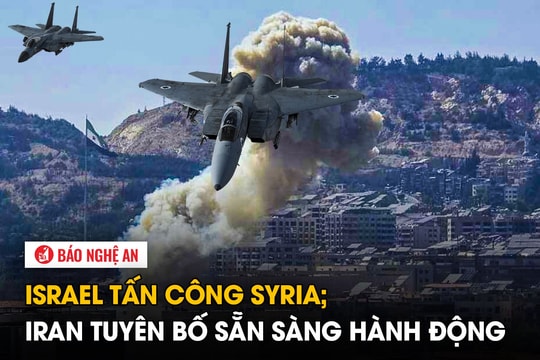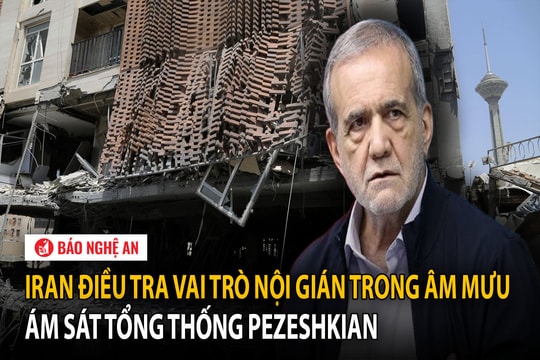What future for Syria under the 'molding' of Russia-Türkiye-Iran?
The leaders of Russia, Türkiye and Iran have announced they have agreed to sponsor a conference aimed at reaching a peaceful solution to the war in Syria.
The statements of the three presidents of Russia, Türkiye and Iran after their meeting in Sochi (Russia) on November 22 showed Russia's increasingly influential role in determining the end of the civil war that is on the wane after nearly 7 years of outbreak.
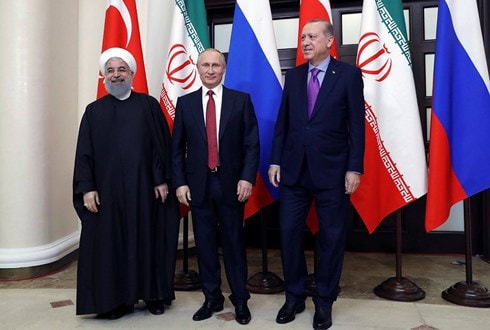 |
| The presidents of Iran, Russia and Türkiye at a meeting in Sochi. Photo: Sputnik |
The three countries’ proposal for a conference, scheduled to take place in Sochi, comes just days before a new round of peace talks in Geneva convened by UN Special Envoy Staffan de Mistura, another sign that Mr. Mistura’s tireless, but failed, efforts over the years are being overshadowed by Russia’s move.
The Sochi announcement also came just days after Russian President Vladimir Putin met with his Syrian counterpart Bashar al-Assad, a sign that Assad had agreed to the initiative. Putin also spoke by phone with US President Donald Trump and other leaders in the Middle East, demonstrating Russia’s coordination efforts and highlighting Moscow’s role in finding a solution to the Syrian crisis.
With his statement in Sochi, Mr. Putin appeared to be portraying Russia as a flexible diplomatic intermediary in the conflict in Syria, responding to accusations by the Syrian opposition that Moscow is militarily backing the government in Damascus.
Russia's leading role
The civil war in Syria has forced half of the country's population to flee their homes and created a continuing humanitarian crisis with millions of refugees fleeing to neighboring countries.
After two years of military intervention, Russia, Mr. Assad’s main ally, has helped the Syrian government turn the tide in Damascus’ favor. Forces loyal to President Assad have retaken much of the territory from Islamist rebels and rebels who tried to overthrow him, including groups backed by the United States and its allies.
“The Syrian people will decide their own future,” Putin said. “Obviously, the reform process will not be easy and will require compromises and concessions from all sides, including the Syrian government.”
In a joint statement, the leaders of Russia, Türkiye and Iran called on representatives of the Syrian opposition to “commit to the sovereignty, independence, unity, territorial integrity and indivisibility of Syria” to participate in the peace conference in Sochi. However, it is not yet clear which of the anti-Assad parties will be invited to the conference.
President Putin, along with his Iranian counterpart Hassan Rouhani and Turkish counterpart Recep Tayyip Erdogan, affirmed that the most important goal of the conference is to draw up a framework for the “future structure” of the Syrian state.
The "unknown" Syrian opposition
At the same time as the meeting of the leaders of Russia, Iran and Türkiye in Sochi, there was a meeting of the Syrian opposition in Saudi Arabia, which is also trying to unite the positions of these groups before the peace dialogue round in Geneva on November 28.
For many members of the Syrian opposition, peace in the Middle Eastern country cannot be a reality until Mr. Assad is punished for human rights violations, including what UN investigators have concluded was the Syrian military’s use of chemical weapons. And the November 22 meeting in Riyadh saw the Syrian opposition remain divided on Mr. Assad’s future.
According to Saudi Arabia's Al Arabiya news agency, the High Negotiations Committee (HNC) representing the Syrian opposition at the Geneva talks is in trouble as 10 people have resigned, including the group's leader, Riyad Hijab. Al Arabiya said that Mr. Hijab remains steadfast in his uncompromising stance on Mr. Assad's role in Syria's post-war future.
Among the anti-government groups in Syria are the US-backed Kurdish forces. However, US ally Turkey does not want them included in any political settlement in Syria. Turkish President Tayyip Erdogan sees them as allied with Kurdish rebels, his domestic enemies, whom he calls terrorists.
“Removing terrorist elements from this process is a priority for Türkiye,” Erdogan stressed.
On the UN side, officials saw the Sochi statement as a constructive step forward and did not believe that this move would hinder the efforts of Special Envoy Mistura. UN spokesman Farhan Haq affirmed, "Our focus remains on the meetings in Geneva on November 28 and we hope that all the other ongoing processes will contribute to the success of this round of dialogue"./.
According to VOV
| RELATED NEWS |
|---|

